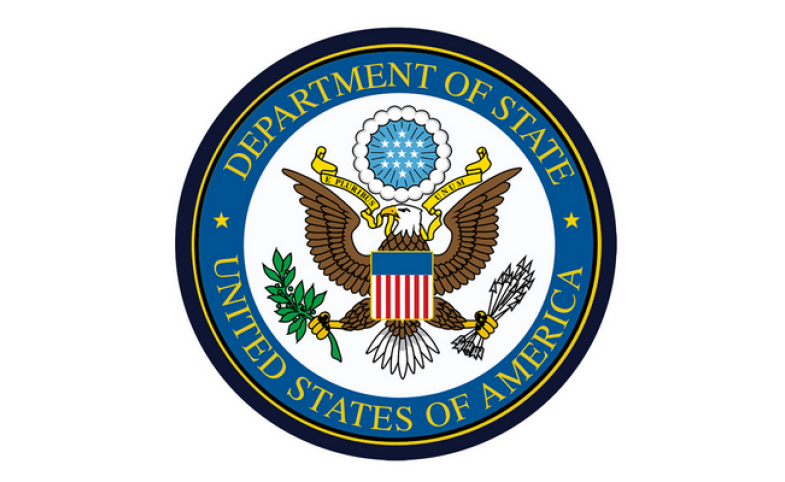The CPD Blog is intended to stimulate dialog among scholars and practitioners from around the world in the public diplomacy sphere. The opinions represented here are the authors' own and do not necessarily reflect CPD's views. For blogger guidelines, click here.

Do PD Officers Read the Academic Research on Public Diplomacy?
I received a letter from the U.S. State Department last week. It was from a program officer in the office of International Visitors thanking me for hosting three Chinese journalists who were visiting the United States as part of the State Department’s Edward R. Murrow exchange program. It was a very nice thank-you note. The last line read: “Your generosity and kindness made a lasting, positive impression, helping advance the cause of America’s public diplomacy effort.”
My husband and I thoroughly enjoyed having the Chinese visitors in our home. We even took them to a college basketball game, which was mentioned as a highlight of their trip in the State Department’s note. We learned a little bit more about China that day. I am a strong supporter of person-to-person citizen diplomacy and the State Department’s educational and cultural exchange programs. We often host international visitors in our home. However, I was slightly amused that this one dinner earned me a personal thank-you for advancing the cause of U.S. public diplomacy. After all, I’ve dedicated over a decade of scholarship to the topic without any acknowledgment from State.
My colleagues who research and write about U.S. public diplomacy may feel as I do. We have devoted portions of our careers to shed light on U.S. public diplomacy efforts through our writing and research, but wonder if the State Department officers ever read a word of it. I can understand that the theoretical stuff may not be overly helpful to the folks who work in the public diplomacy trenches day-to-day, but much of what I publish (usually with Alice Kendrick of SMU), is very practical. For example, our recent article in American Behavioral Scientist contains evidence of how U.S. tourism advertising to international audiences can serve double-duty for the government, both economic and in terms of public diplomacy. Our university-funded data showed that among a large sample of Australian adults, not only did the tourism ads work to increase interest in travel to the U.S., but also in improved overall attitudes toward the U.S. government and U.S. people.
I’m not completely sure, but I suspect that the State Department barely considered the positive spill over (what we have been calling Bleedover) effects that the Commerce Department’s “Brand USA” tourism campaign is having toward winning hearts and minds. And if they did, I doubt they saw our experimental research supporting the idea.
Or maybe they have seen it and I just haven’t heard from them yet.
That’s okay. The note last week was still a really nice gesture and greatly appreciated.
Visit CPD's Online Library
Explore CPD's vast online database featuring the latest books, articles, speeches and information on international organizations dedicated to public diplomacy.
POPULAR ARTICLES
-
January 29
-
January 20
-
January 28
-
January 2
-
February 6
Join the Conversation
Interested in contributing to the CPD Blog? We welcome your posts. Read our guidelines and find out how you can submit blogs and photo essays >.









